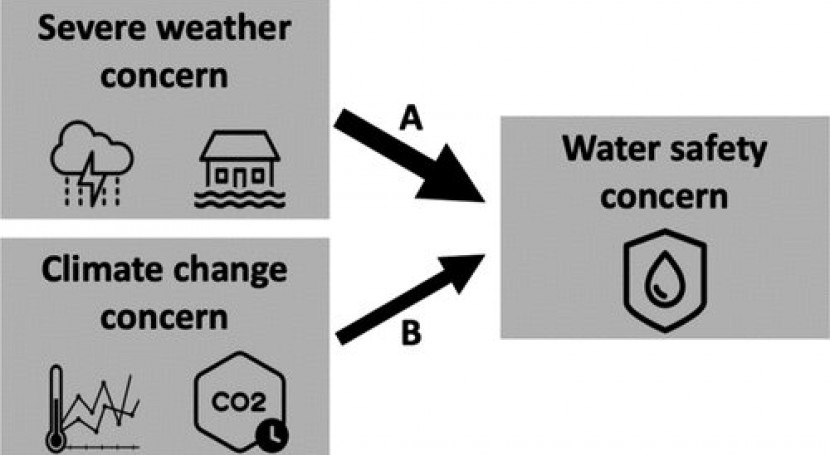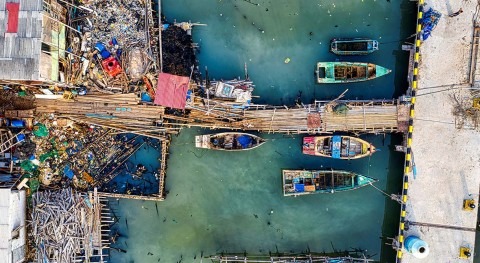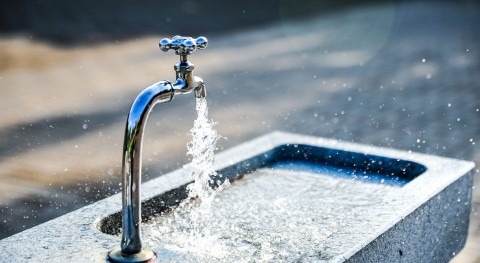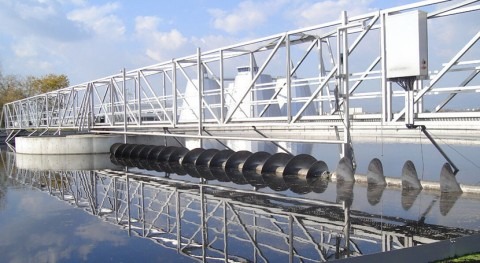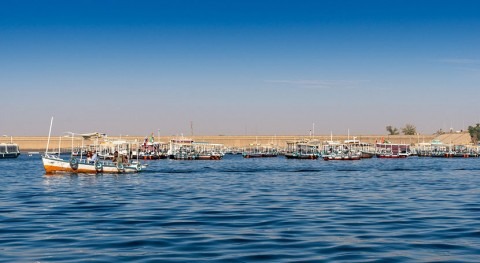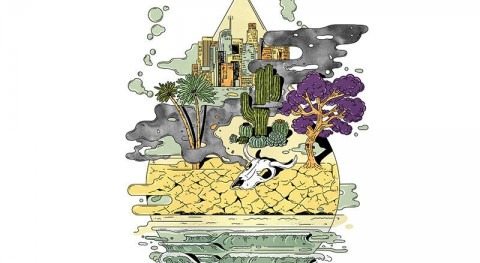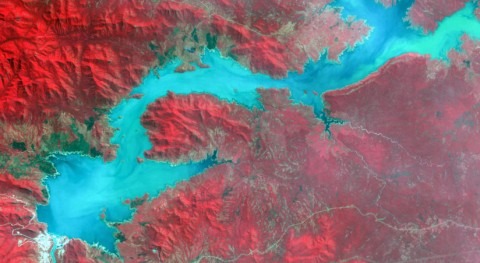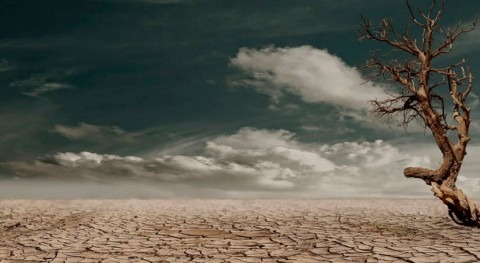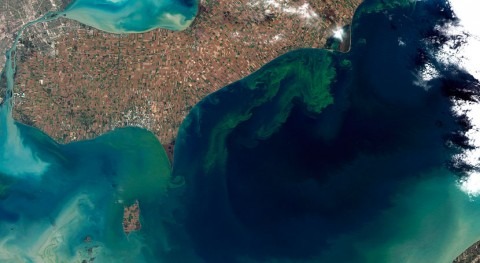Climate change and worsening severe weather events pose increasing threats to global water safety, with limited access to safe water projected to impact approximately 5 billion people worldwide by the year 2050, according to the United Nations.
But researchers have found that people don't always see the links between climate change and water safety, which may undermine efforts to implement behaviors that improve water safety.
In a new study published in Environmental Science & Technology, researchers with the USC Sol Price School of Public Policy, the USC Dornsife College of Letters, Arts and Sciences and WaterKeeper Alliance assessed the extent to which people's concern for severe weather and climate change predict their concern for water safety, which refers to the quality of drinking water.
Using survey data from the 2019 Lloyd's Register Foundation World Risk Poll, they found severe weather concern was significantly more predictive of concern for water safety than climate change concern, although both resulted in positive associations.
It's easier for people to see that their water is being threatened by extreme weather than by the abstract notion of climate change
"It's easier for people to see that their water is being threatened by extreme weather than by the abstract notion of climate change," said the corresponding author, Wändi Bruine de Bruin, Provost Professor of Public Policy, Psychology and Behavioral Science at the USC Price School and the USC Dornsife Department of Psychology. "Our study suggests if we want to warn people about water safety and other environmental threats, we should draw links to extreme weather."
Previous studies on water safety risk perceptions have mostly been conducted in single-country contexts, limiting researchers' ability to make comparisons across countries. The new analysis includes responses from 142 countries, including 21 low-income and 34 lower-middle-income countries.
Participants reported their concern that drinking water and severe weather could cause them serious harm, and the extent to which they perceived climate change as a serious threat to the people in their country in the next 20 years.
"If we want to do a better job of informing people about the risks to water safety from climate change with the ultimate goal of changing their attitudes and behaviors, we need to make it more personal for them," said study co-author Dr. Joe Árvai, the Dana and David Dornsife Professor of Psychology and director of the Wrigley Institute for Environmental Studies at the USC Dornsife College. "As our study shows, that's why talking about the important and real connections between local weather, climate and water is so important."
"Communications need to make environmental issues concrete and personally relevant," said Joshua Inwald, who is a USC Psychology Ph.D. student and first author of the study. "Scientists and policy makers will be more effective if they keep this in mind."


